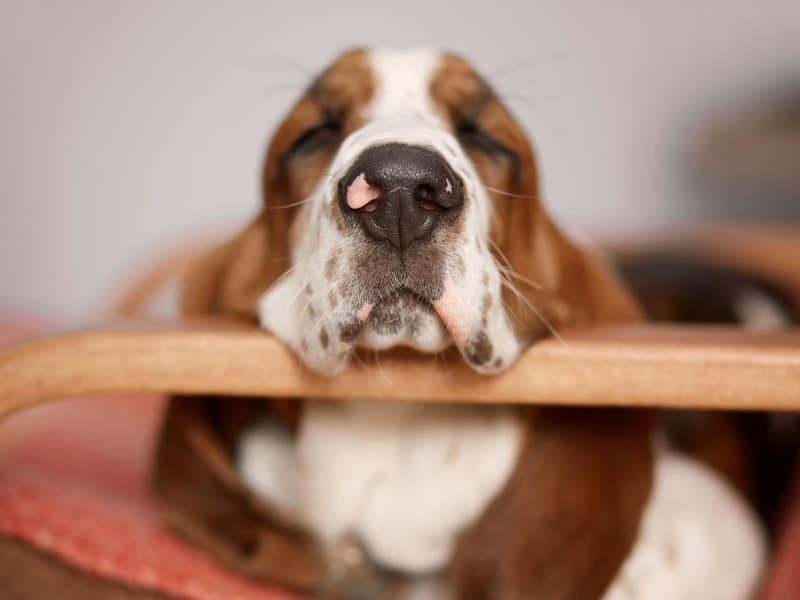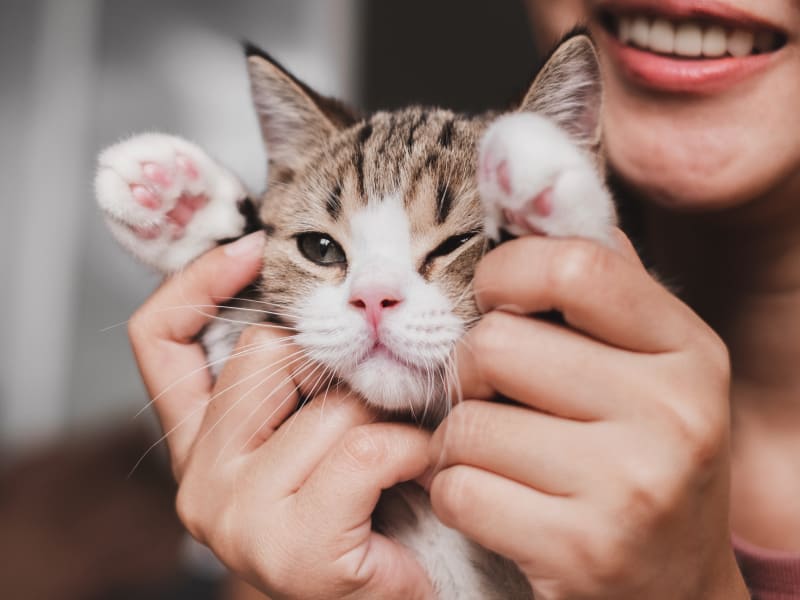
Soft Tissue Surgical Procedures
We offer soft tissue surgical procedures for dogs and cats suffering from ear, nose and throat disorders, as well as cardiothoracic, hepatic, gastrointestinal, urogenital, skin and oncological disorders.
Our experienced, compassionate veterinarians will strive to make your pet's surgical procedure comfortable and stress-free for your pet, and for you, too.
We'll talk you through each step of the process, including preparation and proper post-operative care, and ensure that you have all the details you need to make the right choices for your pet.
Soft Tissue Surgery FAQs
-
What happens during the consultation appointment?
During the pre-operative consultation, we will review your pet’s medical history and perform a physical examination, appropriate blood work, and any other diagnostic tests that are needed to determine the nature of your pet's condition.
Diagnostic testing may include radiographs (x-rays), CT scan, ultrasound, and biopsies. Once the results are back, a surgery plan is made and discussed with you. -
Do the consultation appointment and surgery happen on the same day?
No. The consultation appointment is a pre-operative exam that your animal must undergo prior to surgery. Once any diagnostic test results have come back from our lab, a surgery appointment can be scheduled.
-
What should I bring to my pet's appointment?
On the day of your pet's surgical procedure, please bring a list of your pet's current medications and well as any diagnostic test results or images that have been recently performed.
While the veterinary surgeon should have these things on hand it is always a good idea to bring them along just in case.
-
Does my pet have to stay overnight?
Many of our patients need to stay in the hospital over night after surgery so that we can monitor them as they recover from the procedure. Depending on the type of surgery that is performed and how quickly they recover after anesthesia and surgery, your pet may be able to go home on the same day.
-
How long does surgery take?
Surgeries usually last about two to four hours. The duration depends on the type of surgery being performed and on your pet’s specific condition.
-
How should I prepare for my pet's surgery?
Your vet will provide you with all of the necessary instructions leading up to your pet's surgery. Here are some steps that are commonly requested prior to an invasive procedure:
- Have your pet fast in the hours prior to the appointment. Your vet will provide an exact time frame.
- Avoid giving your cat or dog any medications that contain a sedative the morning of the appointment.
- Provide your pet with fresh water at all times.
- Put together a list of your pet's medications and bring your pet's food if they are on a special diet.
- Make sure to pack any recent diagnostic tests or imaging results to bring to the clinic.
-
What care will my pet need once they are home?
While recovery and care needs will vary depending on your pet and the surgery they received there are some standard points of care that are worth mentioning such as:
- Keep the incision clean and dry at all times.
- Inspect the incision daily for signs of infection such as:
- Redness
- Swelling
- Pain
- Heat
- Fluid
- Ensure that your pet uses an Elizabethan collar (E-Collar).
- Place your pet on crate rest for the beginning stages of healing.
- Discourage running or jumping.
-
What are the signs of complications during recovery?
While the risk of complications is low, it is still important to know the signs to watch for. If your pet develops any of the below symptoms you should contact your nearest emergency vet immediately.
- A bad smell coming from the incision site.
- Acute redness, swelling, or bruising at the incision site.
- Lethargy for more than a couple of days.
- Refusal to eat more than a couple of meals.
- The incision site reopens.
- Signs of pain for longer than a week (shaking, hiding, drooling).
- Vomiting or diarrhea longer than 24 hours after the procedure (some immediately after can be normal as a result of anesthesia).
- Bleeding or pus from the incision site.
-
Will we need to come back?
For all surgeries, your veterinary surgeon will recommend a follow-up visit within a reasonable time frame for the specific surgery that they performed on your pet.
During this checkup, the vet will perform a full examination and any diagnostic imaging or tests including blood work. Between both the tests and exams, the veterinarian will gain a complete view of how your pet's recovery has been.
If there are any concerns your vet will address them during this visit.

